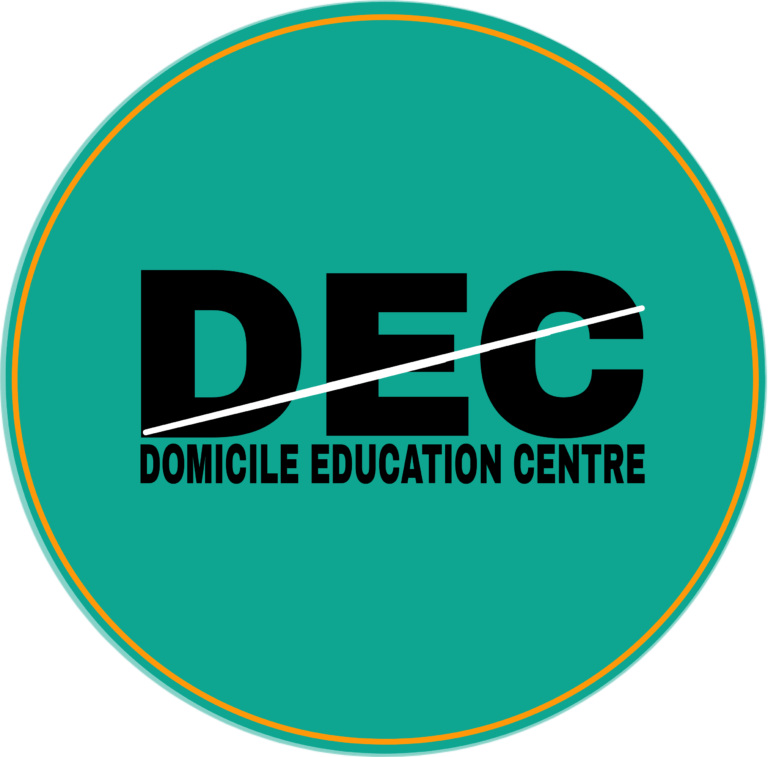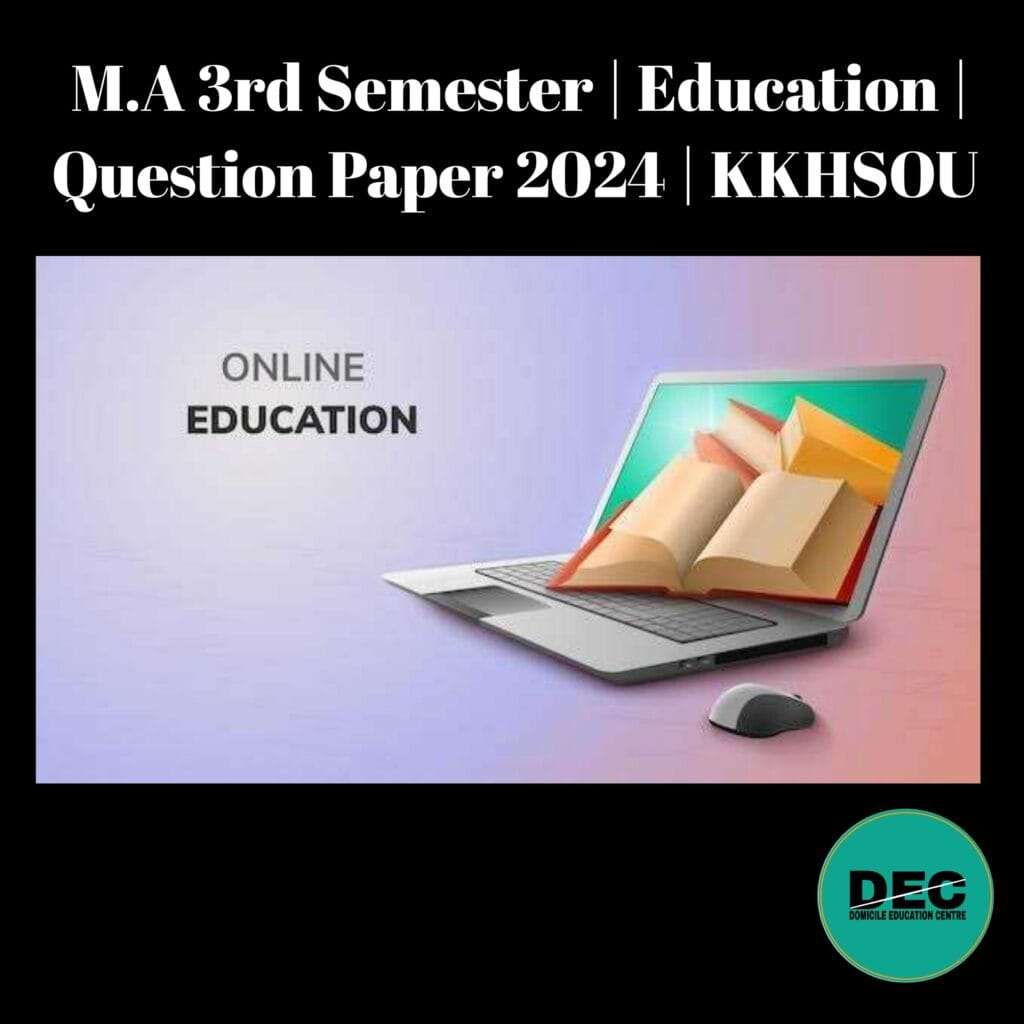M.A 3rd Semester | Education | Question Paper 2024 | KKHSOU |
Here You will get Education Question Paper 2024 for M.A 3rd Semester under KKHSOU as per New Education Policy 2020.
( 24-HKPD3SNP-25M)
M.A 3rd Semester (NEP) Examination, 2024 (W)
EDUCATION
(Methods and Techniques of Teaching) (DSC)
( PG ED S3-01)
Full Marks: 70
Time: 3 hours
The figures in the right-hand indicate marks.
1. Answer any five from the following questions (each in around 400 words): 10×5=50
(a) what is meant by principles of teaching? Discuss four general and four psychological principles of effective teaching with suitable examples. 2+4+4=10
(b) Mention the importance of taxonomy of instructional objectives for teachers. Discuss how Bloom’s Taxonomy can help in designing effective teaching strategies and assessments. 3+7=10
(c) How do effective teaching strategies enhance students learning outcomes? Differentiate between teaching strategies and teaching methods. 4+6=10
(d) what is a fixing device in teaching? Explain its role in reinforcing learning with suitable example. 2+8=10
(e) Make a comparative analysis between collaborative teaching and cooperative teaching, highlights their pros and cons. Provide relevant examples to support your discussion. 10
(f) Define programmed instruction. Discuss its key characteristics and explain how its differs from traditional teaching method? 2+4+4=10
(g) What are the advantages and disadvantages of team teaching? Discuss how this approach impacts both teachers and students. 6+4=10
(h) Define Lesson plan. Discuss its importance in effective teaching and learning. 2+8=10
2. Answer any four from the following questions (each in around 200 words): 5×4=20
(a) Describe briefly the different levels of teaching.
(b) Discuss significance of questioning in promoting active learning and critical thinking in the classroom.
(c) Write a short note on significance of teaching aids in the teaching-learning process.
(d) Explain briefly the concept of interpretative narrative of learning in the classroom and its impact on student engagement. 3+2=5
(e) Mention the key steps involved in conducting a simulation-based learning activity.
(f) Differentiate between the Project Method and Problem-Solving Method in terms of process and learner involvement.
————————-
( 24-HKPD3SNP-25M)
M.A 3rd Semester (NEP) Examination, 2024 (W)
EDUCATION
(Curriculum Development) (DSC)
(PG ED S3-03)
Full Marks: 70
Time: 3 hours
The figures in the right-hand indicate marks.
1. Answer any five from the following questions (each in around 400 words): 10×5=50
(a) Explain the concept of curriculum and discuss its key characteristics with suitable examples. 3+7=10
(b) Discuss how culture and social change act as fundamental determinants in shaping the curriculum. 5+5=10
(c) Discuss how philosophical perspectives of Realism and Existentialism contribute to curriculum development. 5+5=10
(d) What is meant by psychological foundation of curriculum development? Discuss the key suggestions provided by the National Education Policy-2020 regarding integration of various psychological principles into curriculum development. 3+7=10
(e) Compare and contrast subject-centred and student-centred curriculum approaches, highlighting their key features and advantages. 5+5= 10
(f) How does curriculum design shape the learning experience, and what are the steps involved in designing an effective and impactful curriculum? 3+7= 10
(g) What makes curriculum change effective? Exploring its key characteristics and factors that shape its evolution. 3+7=10
(h) Define curriculum transaction. What are some innovative and effective strategies to enhance the quality of curriculum transaction for a more engaging and impactful learning experience? 3+7=10
2. Answer any four from the following questions (each in around 200 words): 5×4=20
(a) Explain the significance of incorporating specific competencies in curriculum design.
(b) Explain any five key features of subject-centred approach in curriculum development.
(c) Discuss the Hilda Taba Model of curriculum development, highlighting its strengths and limitation in the context of modern education.
(d) Explain the significance of the key components of a national curriculum framework in shaping the education system of a country.
(e) Explain the common need for curriculum evaluation and its role in ensuring effective teaching and learning process.
(f) Discuss the merits and demerits of the electric model of curriculum development with suitable examples.
————————-



Recent Comments